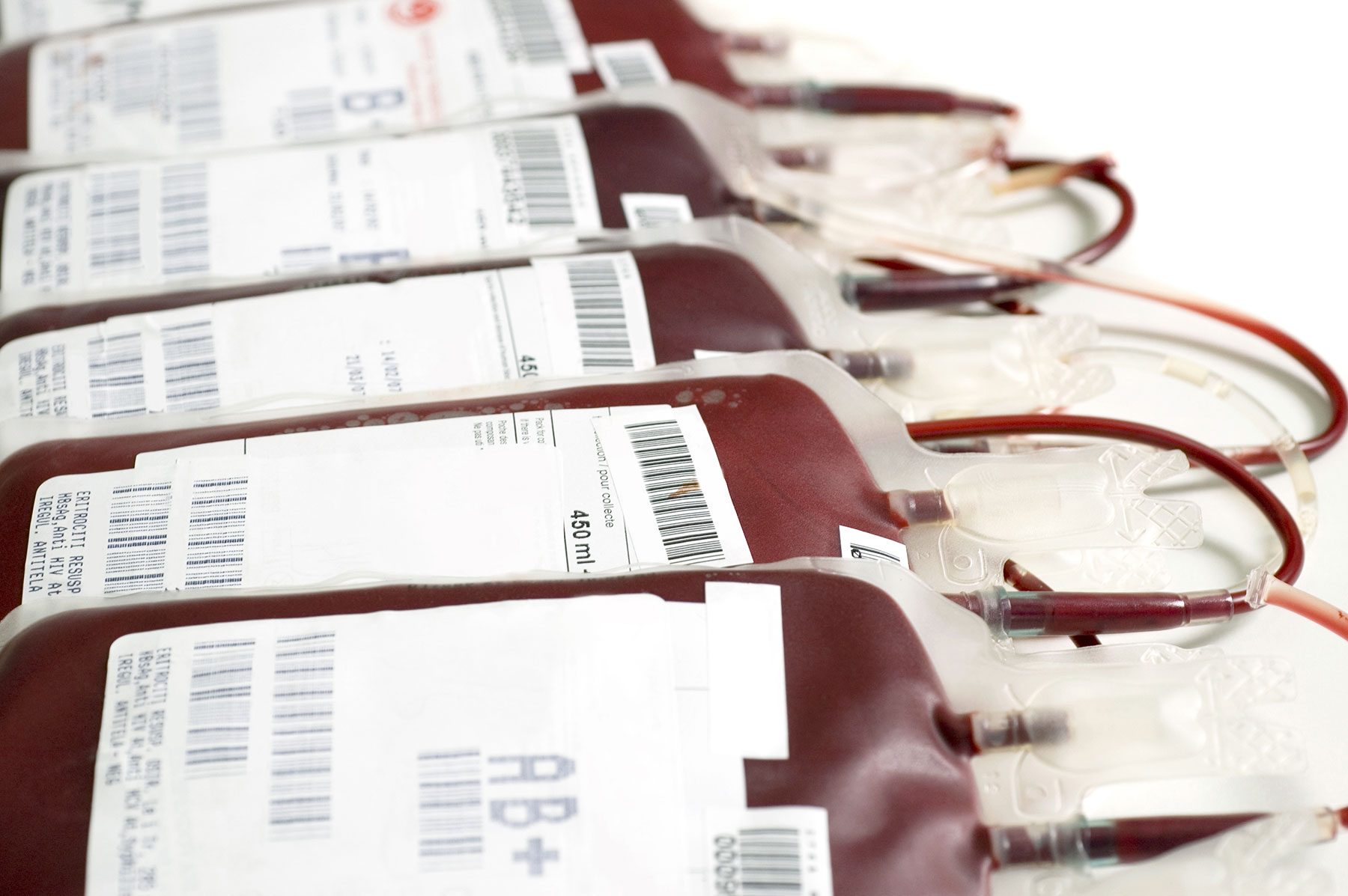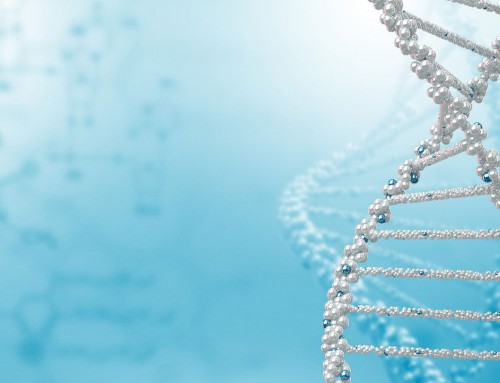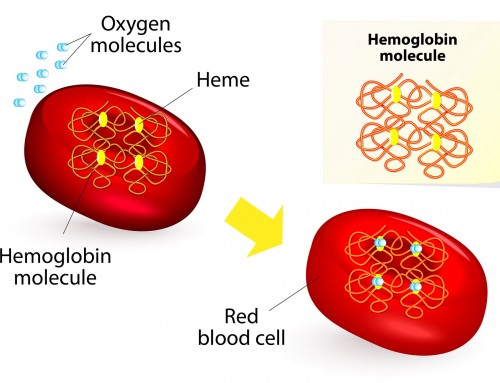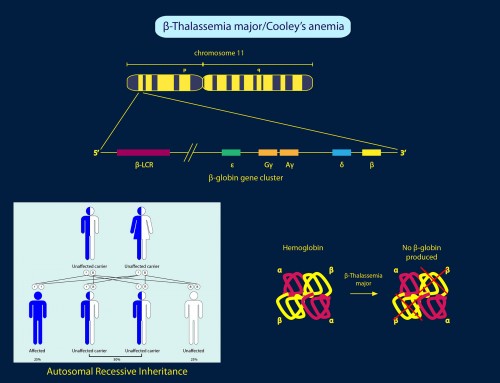How is Beta-Thalassemia treated?
Treatment for beta-thalassemia varies depending on the severity of the disorder. People with beta-thalassemia major and intermedia should be monitored through regular hematological evaluations. During pregnancy, illness or infection, there is a higher chance of triggering or aggravating anemia in people with beta-thalassemia.
Beta-thalassemia Minor
People with Beta-thalassemia minor typically do not have symptoms other than a chance of developing mild anemia. Therefore, little or no medical treatment is required for this type of thalassemia.
Beta-thalassemia Major & Intermedia
Stem cell transplantation can cure people with beta-thalassemia major, but since this procedure is associated with risks of death and difficulties in matching donors, it is usually limited only to people with severe thalassemia.
There are three general treatments for people with moderate to severe thalassemia, including blood transfusions, iron chelation therapy and folic acid supplements.
Blood transfusion
Blood transfusions can be used to treat people with beta-thalassemia by providing them with healthy red blood cells containing normal hemoglobin. However, since the lifespan for normal red blood cells is only around 4 months, people with beta-thalassemia major will need regular blood transfusions to maintain normal hemoglobin levels. People with beta-thalassemia intermedia have less severe symptoms, and may only need transfusions occasionally.
Iron chelation therapy
Iron chelation therapy removes excess iron from the body, a treatment often required for people receiving regular blood transfusions. Since the hemoglobin in red blood cells contain iron, repeated transfusions of red blood cells can result in iron overload, leading to organ damage. The two iron chelators commonly used in this treatment are deferoxamine and defrasirox.
Folic acid supplements
Folic acid is a vitamin that can help to increase production of new healthy red blood cells. It is usually recommended for people with moderate anemia.
References:
Origa R (2000, Updated 2015 May 14). Beta-Thalassemia. In: Pagon RA, Adam MP, Ardinger HH, et al., editors. GeneReviews® [Internet]. Seattle (WA): University of Washington, Seattle; 1993-2016.
Cao A, Galanello R (2010). Beta-thalassemia. Genetics in Medicine 12, 61–76.
Muncie HL, Campbell JS (2009). Alpha and Beta Thalassemia. Am Fam Physician. 80(4): 339-344.
Rachmilewitz EA, Giardina PJ (2011). How I treat thalassemia. Blood, 118(13): 3479 – 3488.
DNA In the News2017-04-06T20:25:51+00:00





